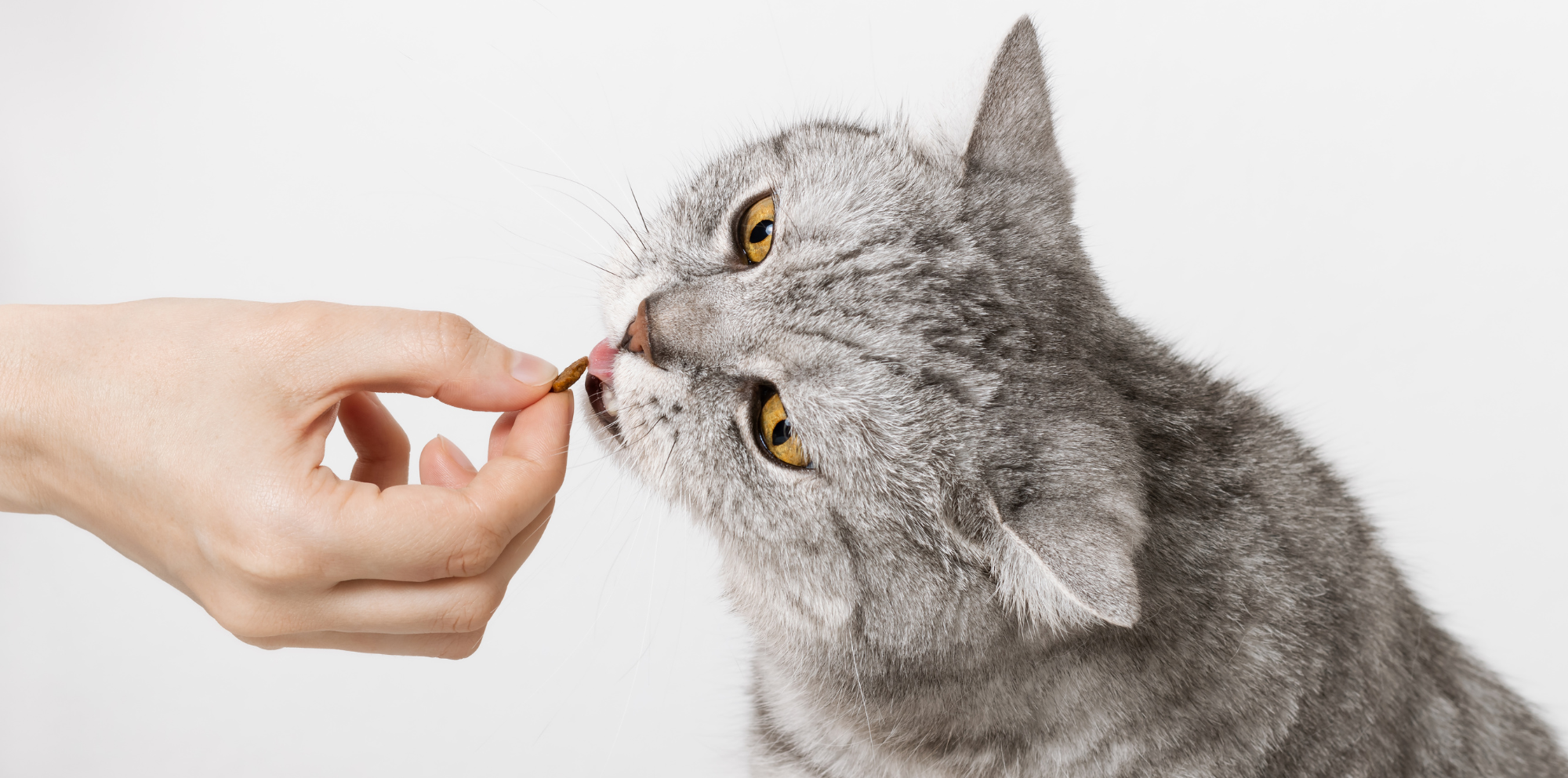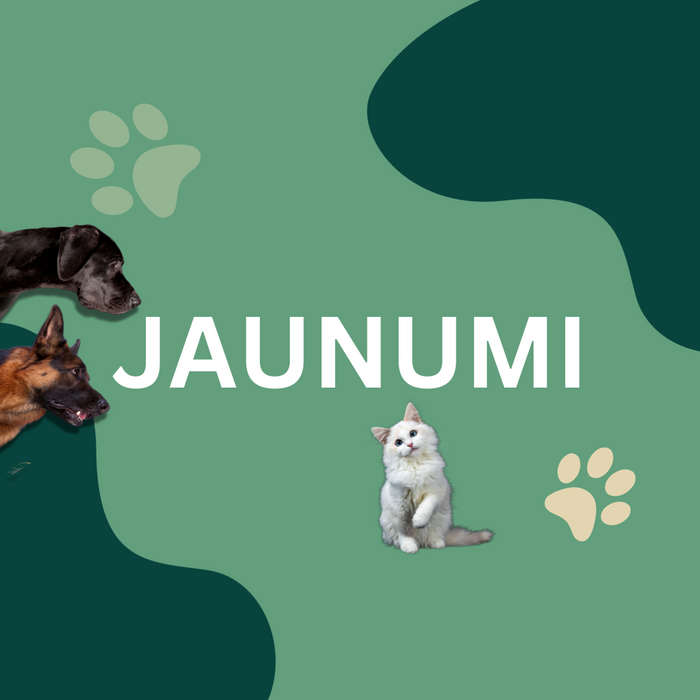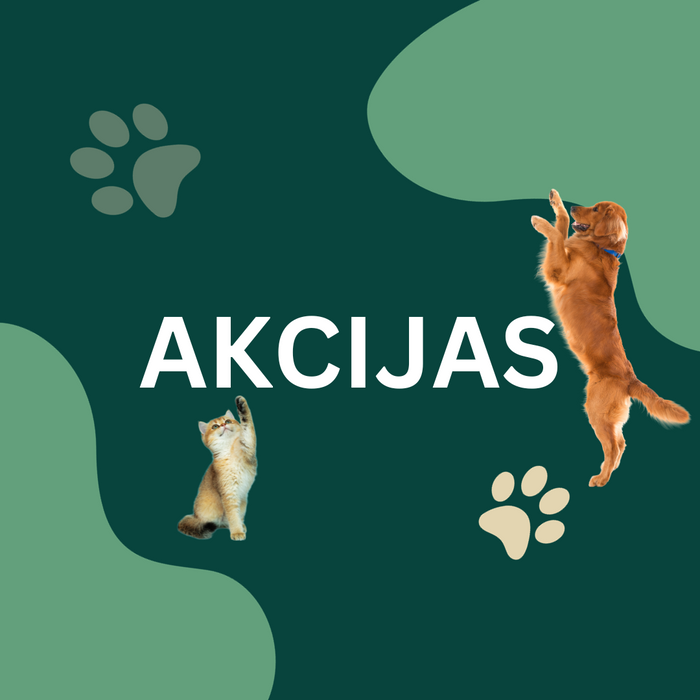

Why does a cat need food with a high meat content?
In this article, we answer one of the most popular questions from cat owners – why does a cat need food with a high meat content ?
All cats are naturally obligate carnivores . This means that their bodies have evolved to primarily utilize nutrients found in animal tissues. Cats are not well-adapted to digesting and utilizing plant-based nutrients.
Some of the most important reasons why cats need a diet high in meat:
- High protein requirement : As a complete carnivore, cats get most of their energy from animal protein, not carbohydrates. Adequate protein is also necessary to maintain overall health. Animal protein provides essential amino acids, which are essential for a variety of bodily functions, including muscle maintenance, immune system support, and overall growth.
- Low carbohydrate tolerance: Cats have a low carbohydrate tolerance. Too much carbohydrate can lead to obesity and can also stimulate the development of diabetes and other diseases. Unfortunately, commercial foods often contain only small amounts of meat and the bulk of the diet consists of cereals, which are a source of carbohydrates.
- Taurine: Taurine is an essential amino acid for cats. Unlike dogs and other animals, cats cannot synthesize taurine in their bodies, so they must obtain this essential amino acid through their diet. Meat is the only natural source of taurine. In nature, cats obtain taurine from the muscle meat of their prey, but pets need to be provided with this by their owners through the appropriate food. Taurine is important for normal vision, digestion, and heart muscle function. A deficiency in taurine can lead to serious health problems, including heart disease and vision problems.
- Vitamin A: Vitamin A is another essential nutrient for cats that cats cannot fully obtain from plant sources. To ensure healthy vision, skin, and growth, cats have adapted to absorb vitamin A from the animal's liver. It is important to note that consuming too much vitamin A can also be harmful - in overdose, vitamin A becomes toxic to cats.
- Other nutrients: Cats also get a number of other nutrients from their diet, including arachidonic acid, arginine and niacin. Arachidonic acid is an essential fatty acid found in animal fats and is essential for maintaining healthy skin, a shiny coat and overall immune function in cats. Arginine plays a key role in the production of enzymes that the liver can use to remove waste products from the body. Niacin is a form of vitamin B3 that helps control phosphorus levels in the blood.
- Digestive tract characteristics: The digestive tract of cats is adapted to the processing of a carnivorous diet. Herbivores are characterized by a longer intestinal tract, because the breakdown of plant-based substances takes longer. Carnivores, which also include cats, have a much shorter digestive tract, because meat is digested more quickly. If cats are fed a diet that contains a lot of plant-based ingredients, they are unable to fully digest these ingredients and, consequently, absorb the necessary nutrients and vitamins.
The article was written with the advice of veterinarian Anna Dace Blumberga.



